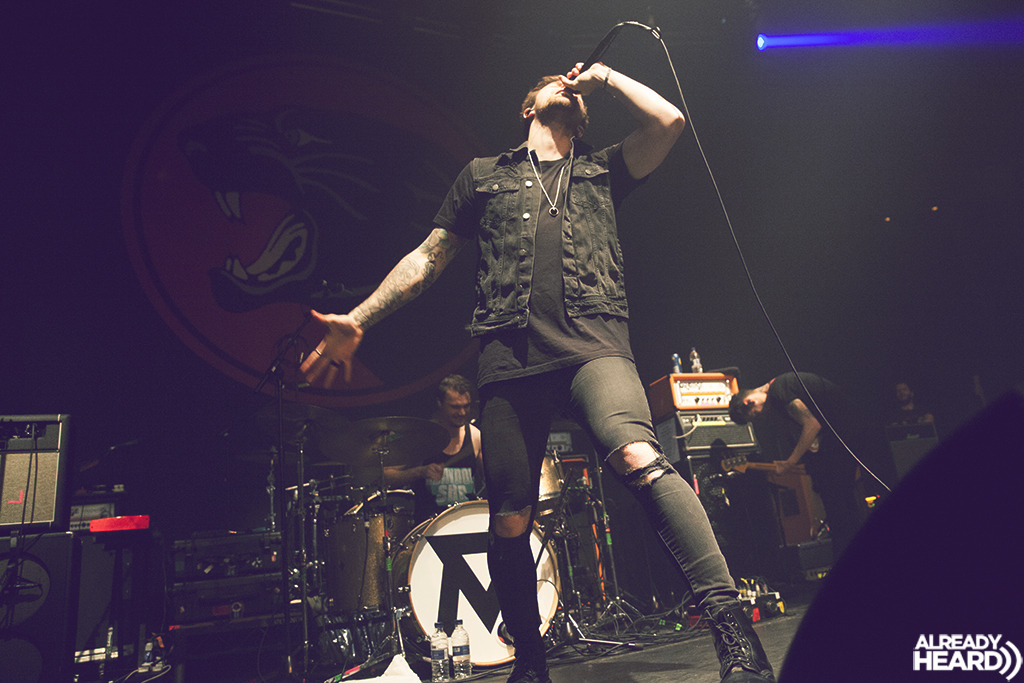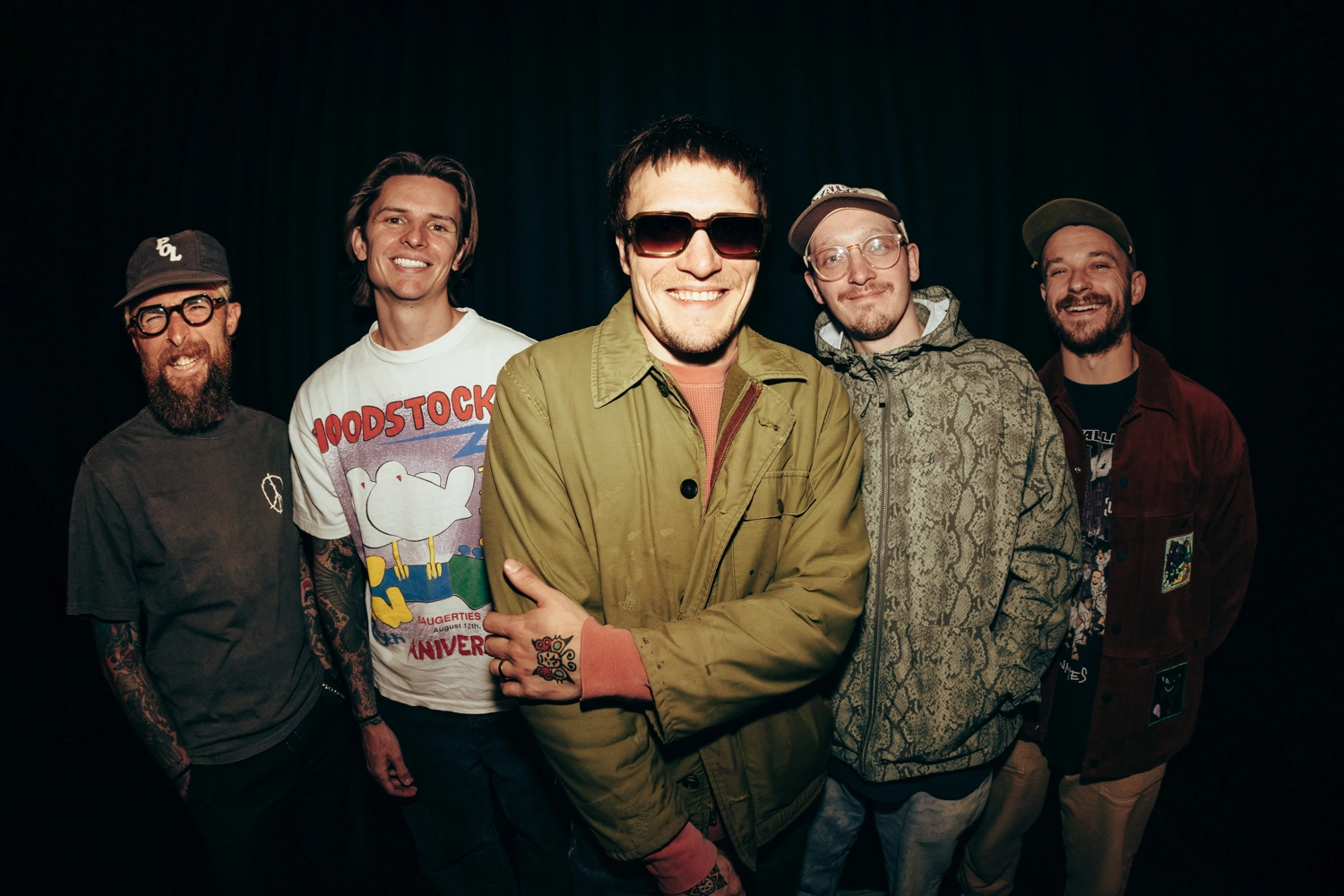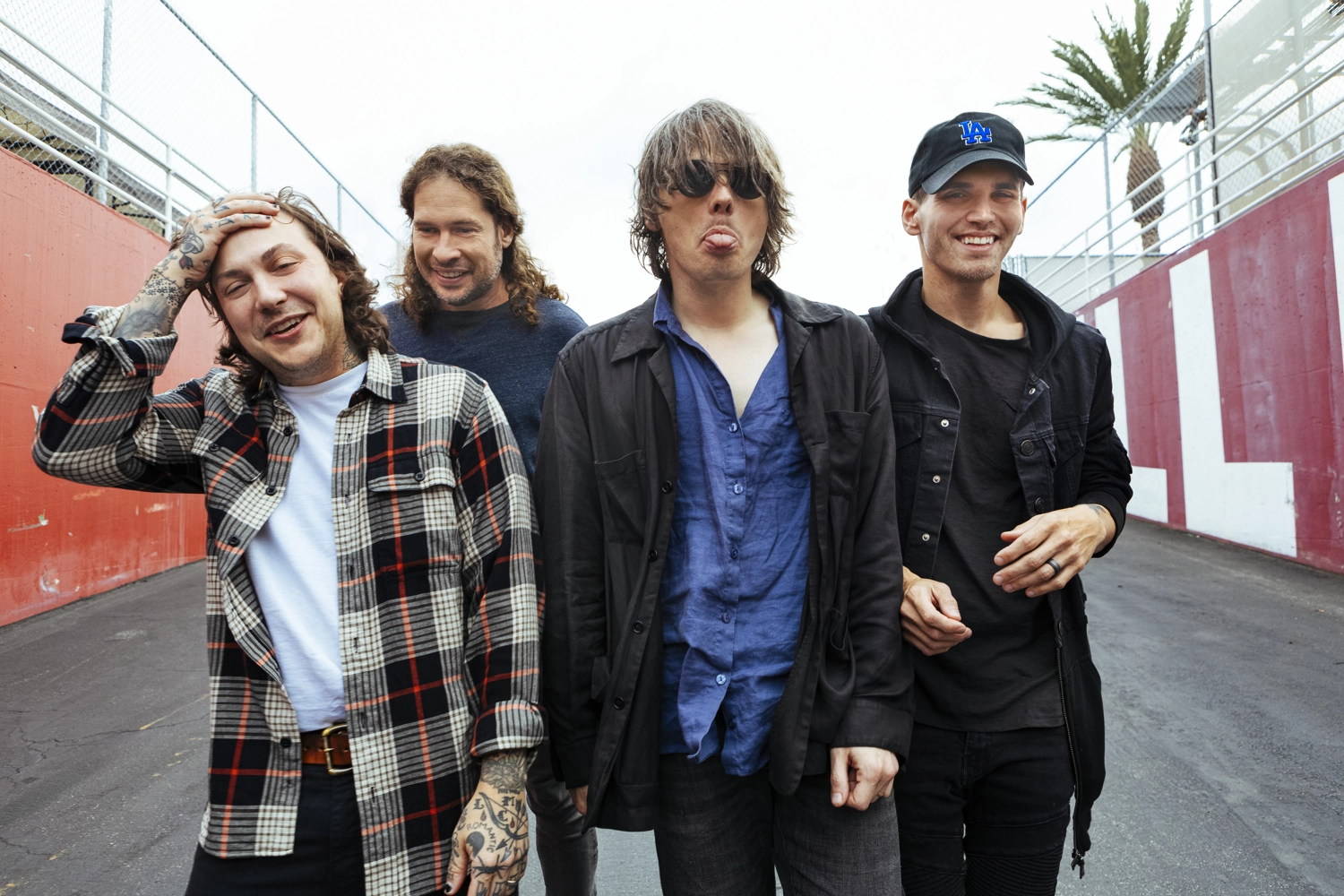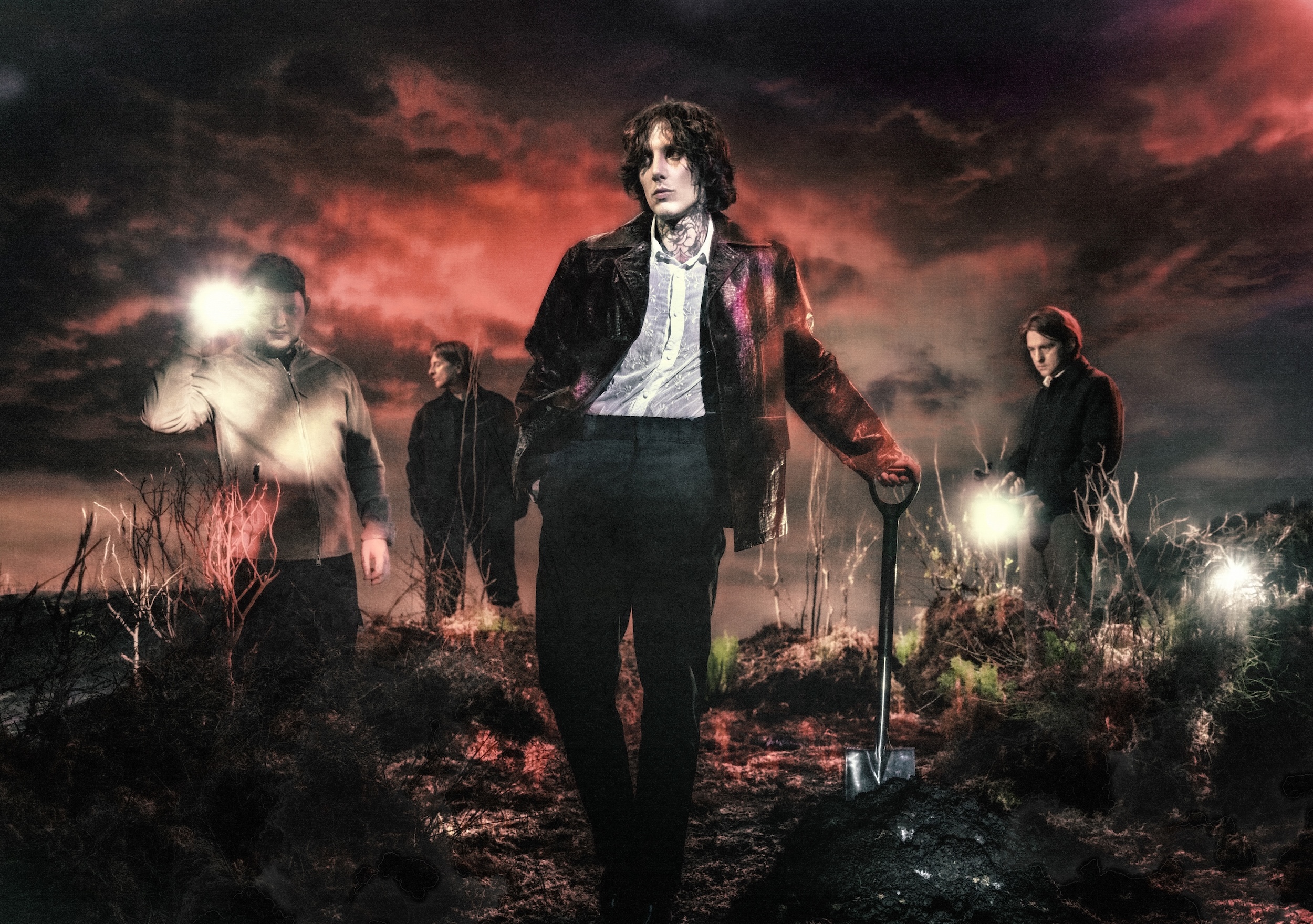“That rock’n’roll, it just won’t go away.” a smug statement delivered with complete arrogance from Arctic Monkeys frontman Alex Turner, yet its context is certainly legitimate. Whilst his comments at last year’s industry backslapping gathering known as the Brit Awards may seem tongue-in-cheek, there is no doubt Rock was experiencing a resurgence in 2014 and would go on to do so for the remainder of the year. Yet the whole concept of the genre going through a “comeback” is merely just a gimmick created by areas of the media.
In recent years rock music, within the UK, has been written off and considered as “dead” by the media, yet during this time the number of those attending live music events increased and acts such as Muse and Biffy Clyro solidified their position as festival headliners, whilst a plethora new bands have emerged, building a strong following and trust within the rock community. The concept of the “rock comeback” is certainly fictional, yet it could be considered that 2014 was the year UK rock cemented its so-called comeback.
At the start of 2014, UK rock was in a precarious position. 2013 ended on a sour note with news that Ian Watkins, the vocalist from former Download Festival-headlining rockers Lostprophets, was jailed for 29 years due to child sex offences. The rock community were in shock and appalled at Watkins actions but, as 2014 showed, it stuck together and strengthened.
Blitz Kids – Roundhouse, London – 09/12/2014 | Photo by Connie Taylor Photography.
From Royal Blood debuting on the UK album chart at number one to Bring Me The Horizon and You Me At Six playing sold out shows at Wembley Arena and the likes of Blitz Kids and Lower Than Atlantis appearing on throwaway daytime TV shows, rock was seemingly back in a big way in 2014. However for some, it is something that has been in the works for several years, biding its time to refine itself and quietly building a following.
Minus the Arctic Monkeys and the Kasabians of this world, guitar-based music hasn’t been treated well by some in recent years. Publications like NME and radio stations like BBC Radio One treated rock, especially its various sub-genres, as a niche area of music, presenting it as some form of underground subculture. Whilst The Daily Mail’s ridiculous take on the hugely popular mid-2000’s “emo” following didn’t help matters, giving its readers the impression that “emo kids” had a death wish and US rock acts like My Chemical Romance, Fall Out Boy and Panic! At The Disco were to blame. Nevertheless The Daily Mail’s idiotic article received justified criticism from the rock press, and to top it all off My Chemical Romance had the last laugh as ‘Welcome to the Black Parade’ was a number one single on these shores.
Within the UK, the rock community grew stronger with more festivals cropping up year after year and new bands constantly emerging and developing a firm connection with their growing fan bases. It was only a matter of time before the tide was to turn and now in 2015, rock is treated with respect and not an alien genre that didn’t deserve to see the light of day.
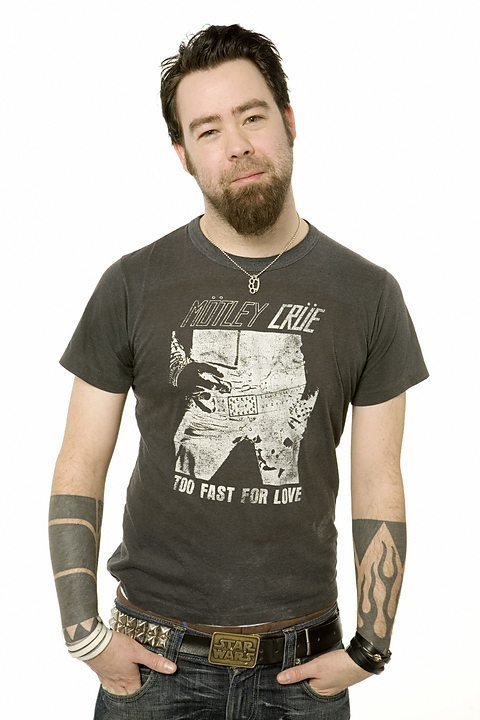
If you take a look at the current BBC Radio One Playlist (as of January 12th 2015) you’ll see a range of established and up and coming bands sitting firmly next to the likes of Taylor Swift, Olly Murs and other X-Factor-like fodder. Names like Bring Me The Horizon, Lower Than Atlantis, Slaves and While She Sleeps are given regular airplay. Whereas song premieres from the likes of All Time Low and We Are The Ocean have been treated as major events by the station in recent months.
However, some within the rock community look down on the “comeback” and see it merely as a bullshit buzzword used by areas of the media to get clicks and views. Those same folk, including myself, believe that rock in general never went away, instead it just wasn’t appealing to the mainstream masses. Traditionally rock music is heavy, loud and made to be performed in sweaty clubs, not in arenas and large fields. It’s not supposed to be polished and ready-made for the masses. Its fans aren’t supposed to be trendy-following, fashionable everyday folk that you see day in, day out on your local high street. So why the change of interest? Have casual music fans become bored of the manufactured, computerised music that has been churned out for the masses in recent years? Or has rock music tidied itself up to making it more appealing?
There are facts to back up the latter question. Sure there has been an upturn in interest of bands like You Me At Six, Young Guns and Lower Than Atlantis, yet their sound has been tamed and refined to appeal to the masses. Whilst Bring Me The Horizon have gone from being absolutely loathed for their awful deathcore noise to being a critically acclaimed metal band incorporating melodies and synth keys along the way. Some may label them as “selling out” but I’m not willing to go that far. Some may say these bands have just gone through an “organic growth” and are now reaping the rewards of their dedicated hard work; a statement which I agree with.
Take the aforementioned Bring Me The Horizon for example. Back in 2006 they were hated by critics and fans and even labelled as “Bring Me The Haircut” by some. Yet the Sheffield group bided their time, refining their sound, finding their feet musically and are now one of the biggest rock bands to emerge in fifteen years. All of the bands mentioned above, and many others like them, have toured up and down the country countless times, played in crappy rock clubs to a handful of people, building a solid reputation and fan base along the way. They’re now opening the doors for new bands to make the step up to bigger venues and bigger opportunities. Whilst some may turn their nose up at the thought of bands such as Neck Deep playing at Wembley Arena, as a fan of rock music I think it’s an exciting time to be part of the UK scene. And you should too.
Rock music in the UK has been pulled through the dirt in recent years, beaten down like its the bastard child of music genres, yet as always its battled on and has now restored its reputation to be creditable. Just don’t call it a comeback! It’s not a comeback! Not by a long shot. It is a case of having earned respect and being rewarded for hard work, something that goes a long way in all aspects of life.
As the pompous Alex Turner said “Yeah, that rock’n’roll, it seems like it’s fading away sometimes, but it will never die. And there’s nothing you can do about it.” And he’s right.
Words by Already Heard Founder & Senior Editor Sean Reid. You can follow Sean on Twitter: @SeanReid86.


